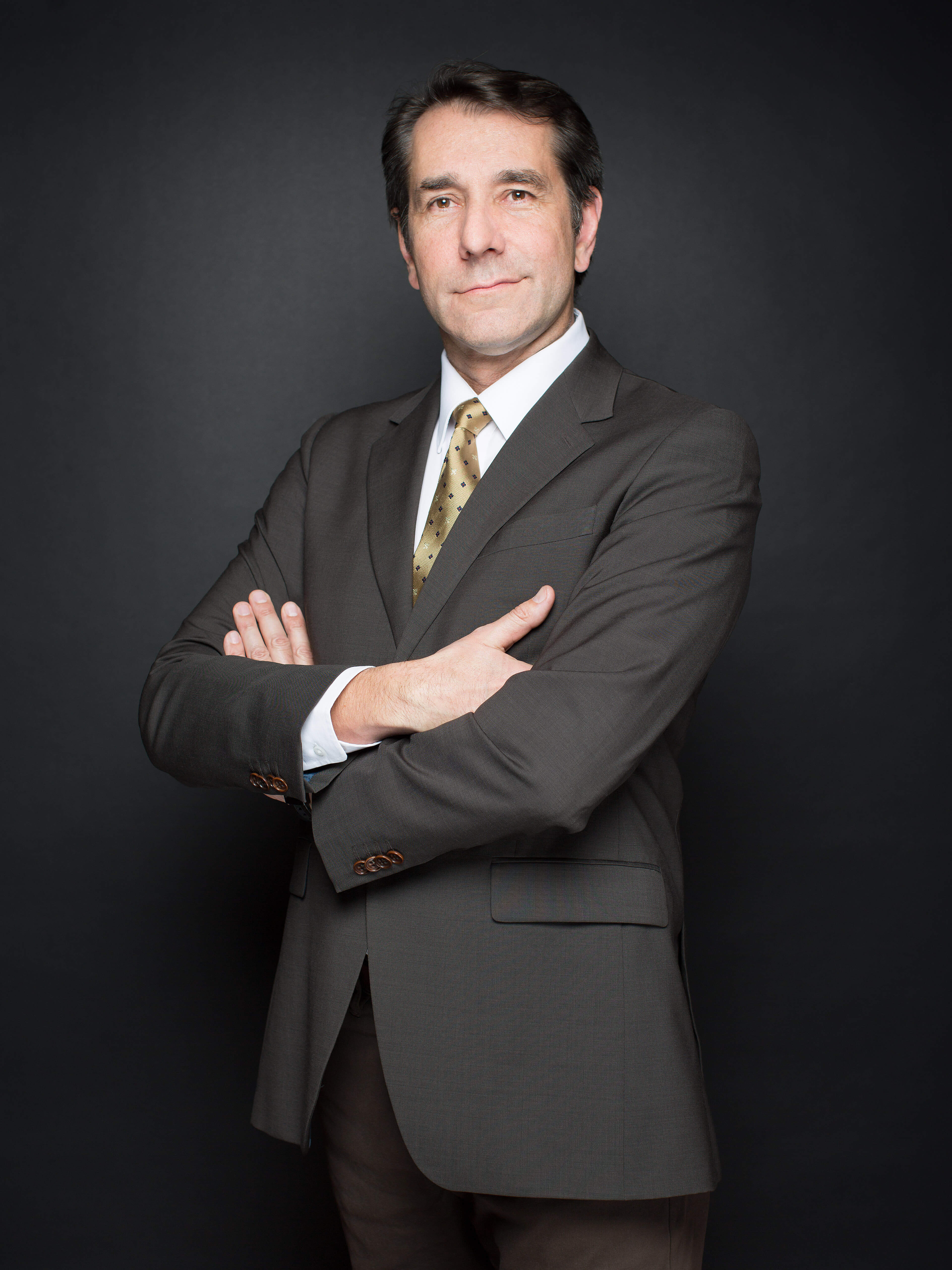HEC Paris Is Already On The Road To Ecological Transition
“This is an historical moment.” Since he took up his post, François Collin, Director for Climate and Environmental Sustainability at HEC Paris has been emphasizing how important it is for schools to bring about a paradigm shift. HEC Paris is no exception to this rule. In his opinion, business schools are the most capable of getting present and future generations on-board with climate issues. “Our educational mission is to provide people with support, particularly those who have significant expectations concerning the environmental challenges we face.” For over two years, the school has been working closely with professors and companies and using the Think, Teach, Act approach to provide students, participants and managers with methods, solutions, and mentors to nurture this transformation project.

The responsibility of the academic world
François Collin is convinced that the role of HEC Paris as a school is to provide the necessary knowledge, content, and empowerment to endow a new generation with the confidence, desire, and commitment to invent its own future. However, there is no one fits all solution to achieve this goal. The answer lies in the questions that need to be asked, and above all in helping young people, senior managers, and companies to ask the right questions. It goes without saying that the transition cannot be limited to a radical shift that advocates changing the world. In today’s tense global context, we have to deal with complicated, and even painful realities. François Collin admits that the answers in this debate cannot be fundamentally black or white. “Of course, we can provide an ecological answer, but we mustn’t lose sight of the social dimension.” Explaining this is the responsibility of academia. But not academia alone. Companies also have a major role to play in this mission.
Companies are essential partners for accelerating change
“We have ongoing dialogues with companies about these questions. Many organizations have incredible innovation centers and think-tanks which could teach many intellectuals and observers a lot about ecology”, affirms the HEC Paris Director for Climate and Environmental Sustainability. Indeed, many companies have already begun to question their current business models and to reinvent their business practices, and the COVID crisis is accelerating the process. Many companies are actively supporting HEC Paris in this forward-thinking approach because they wish to work with the school to develop new, and different models. “In order to continue attracting and retaining talent, companies will have to be able to demonstrate that their investment in ecological and energy transition is a reality, which will inevitably lead to a shift in the balance of power,” he states.
The pivotal role of ecological transition in the strategy of HEC Paris
François Collin points out that “the facts no longer require demonstration. We’re no longer talking about the ‘why’, but the ‘when’, the ‘how’ and the realities and principles that this implies”. This has led HEC Paris to launch a collective institutional project in the form of a 12-point strategic roadmap to be rolled out over the next 10 years. François Collin is working closely with colleagues and professors who have been thinking about this subject for a long time. Several years ago, the Society & Organizations Institute (S&O) at HEC Paris began a process of prospection, preparation and investment on the challenges of ecological transition. “In the past these subjects were peripheral areas of research, but they are now at the very heart of this strategy,” states François Collin. The Think, Teach, Act approach is a concrete manifestation of this transformation within the school.

Think - excellence in research
In 2020, 50% of HEC Paris professors carried out research on climate, energy, or the environment, and prioritized both energy transition and new, zero carbon business models and strategies. Climate & Earth, the third strategic focal point of the S&O Institute also aims to encourage and develop work on environmental issues, such as energy transition, financing the transition, new business models and the circular economy. Beyond research, the Institute also aims to increase awareness through resources, events and summer schools for professors who wish to delve deeper into the links between areas of management and the challenges of ecological transition and social inclusion.
In order to enrich this transformation process, the school works closely with other academic institutions, transition professionals and experts and specialized consultants. It is also talking to the heads of big companies about their own social, energy and environmental policies. Students, participants, managers, and alumni are also involved in this reflection about transition-related issues. The “Energy & Finance”, Cartier “Turning Points: Aspiration to inspiration” and Bouygues “Smart City and the Common Good” Chairs are also part of this ecological transition-based ecosystem. Today, all of this collective work is reflected in our approach to teaching.
Teach - innovative learning methods
The School’s objective is to train 100% of its students and managers on the challenges and responsibilities associated with energy transition and sustainability, in line with the United Nations Sustainable Development Goals. Numerous programs, courses and specializations cover these themes, two lifelong learning programs at HEC Paris Executive Education programs focus on this specific challenge:
The aim of the Sustainable Transition Management program is to help senior managers and executives drive the sustainable transition of their companies. This entails defining and implementing a harmonious approach to strategy that not only focuses on economic performance but also integrates the major social and environmental challenges of today and tomorrow.
In the Lead Campus: Sustainable Leadership in Africa Executive Certificate, participants from the African continent tackle major challenges, in particular the environmental ones (in Morocco), and study how “traditional” companies can reduce their negative impact (in Côte d’Ivoire), as well as examining innovative business models that contribute to sustainable development goals (in Kenya). In many cases, the “responsible action project”, which they carry out during the program, is directly linked to ecological transition in their country.
Act - for impact
In order to underline its commitment to ecological transition, last June HEC Paris participated in the Grand Baromètre Enseignement Supérieur & Transition Écologique (Barometer for Higher Education and Ecological Transition). Organized by the collective behind the Manifeste Étudiant Pour un Réveil Écologique (Student Manifesto for Ecological Awakening - September 2018), the Barometer aims to generalize self-assessment among French universities and business schools in terms of their ecological commitment. All the responses relating to strategy and governance, teaching programs, careers, research, student life and sustainable campuses are compiled in the Grand Baromètre.
More recently, HEC Paris signed the Grenoble Agreement along with some 20 other higher education institutions, which brings together over 70,000 students. With this agreement, the schools have committed themselves to achieving the following objectives - training students in the challenges of socio-ecological transition, implementing human and social policies that promote inclusion and diversity, and reducing greenhouse gas emissions on campus.
"This is a very important moment in the history of business schools, whose mission of research and education is more meaningful than ever before to meet the social and ecological challenges that lie ahead," affirms Eloïc Peyrache, Dean of HEC Paris.
Find out more about sustainable development at HEC Paris